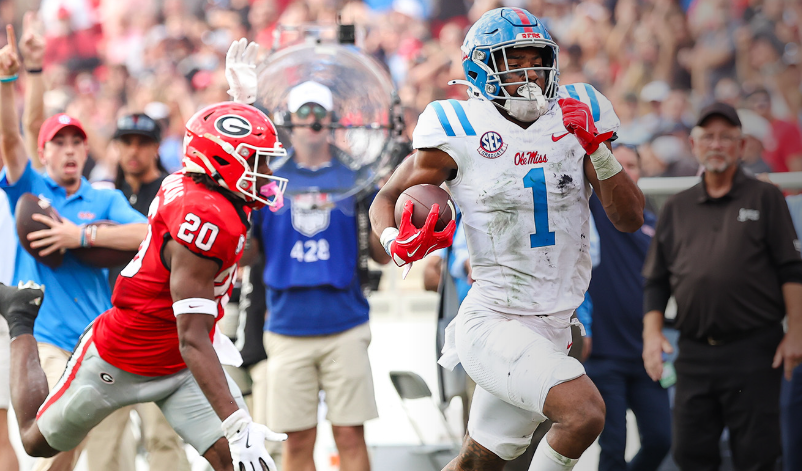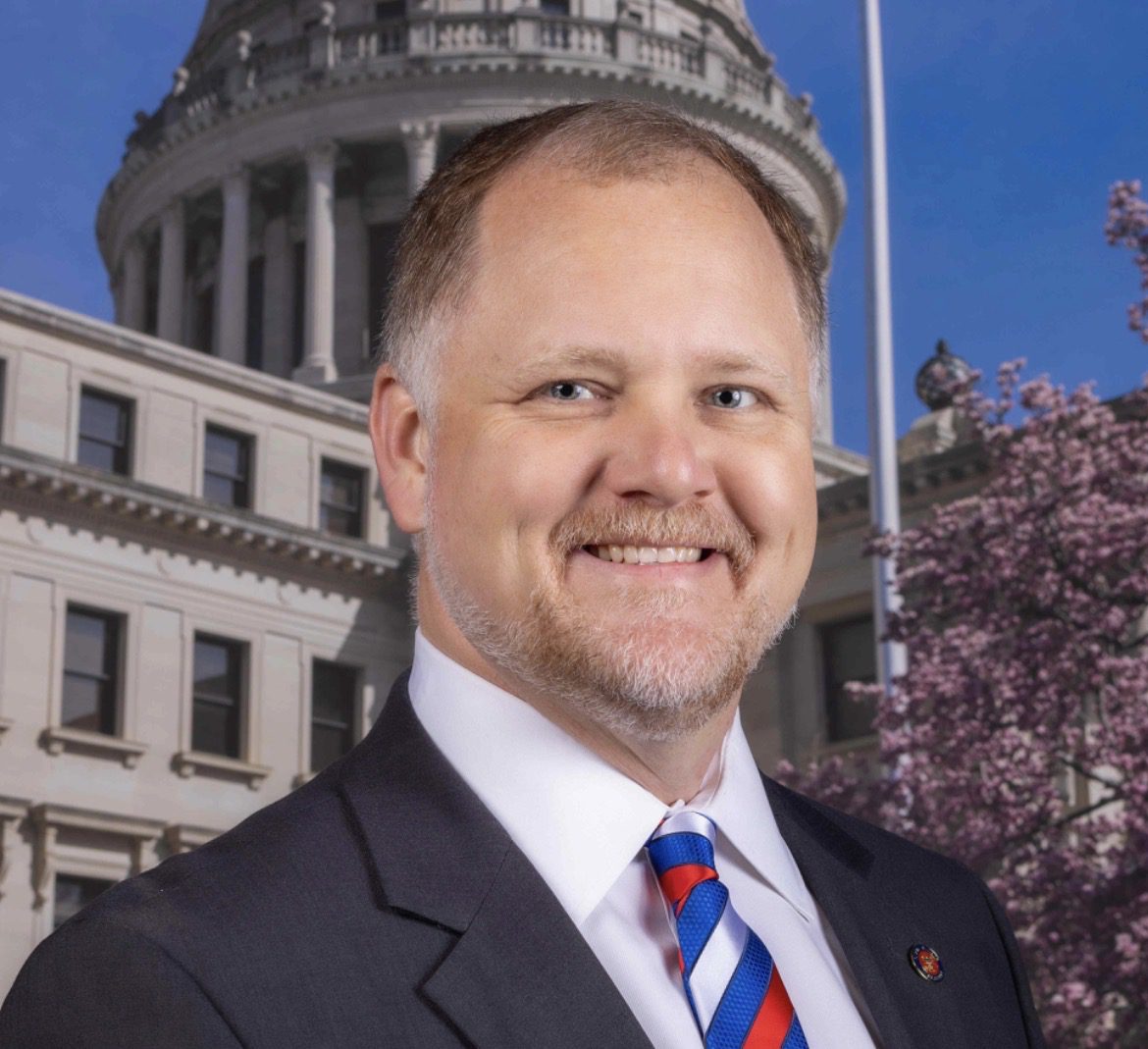
The NAACP and Southern Poverty Law Center claim state didn’t properly fund resources to reach minority communities. MSDH stands behind efforts.
The Mississippi State Department of Health (MSDH) is standing by their efforts to ensure that all Mississippians, especially those who were disproportionately impacted by COVID-19, were given continued resources to fight the pandemic.
They look into how communities were impacted by COVID overall vaccine rates, comes after the NAACP filed a federal complaint alleging that the state of Mississippi did not adequately distribute COVID-19 relief funds to black, brown and Asian communities. The Southern Poverty Law Center (SPLC) is also part of the filing.
In a brief description of the complaint filed on March 30, the SPLC wrote:
During the COVID-19 pandemic, the state of Mississippi and other public and private organizations in the state received $15.7 billion in pandemic financial assistance. Despite receiving billions of dollars, the state failed to develop a plan to distribute vaccines equitably, which has resulted in disproportionate rates of sickness, hospitalization and death, according to the complaint filed with the Federal Emergency Management Administration and the Department of Health and Human Services. It notes that the state has seen “devastating impacts by race, ethnicity, and national origin, especially in low-income communities.
However, data provided by the MSDH shows a significantly higher vaccination rate among one of those groups, African Americans, than white Mississippians.
 The chart above shows the overall first dose vaccination percentage across age groups was eight percent higher among African Americans at 62 percent than in white Mississippians at 54 percent. Some 91 percent of Asian Mississippians received the first dose. Native American individuals were lower on the first dose percentage at only 34 percent.
The chart above shows the overall first dose vaccination percentage across age groups was eight percent higher among African Americans at 62 percent than in white Mississippians at 54 percent. Some 91 percent of Asian Mississippians received the first dose. Native American individuals were lower on the first dose percentage at only 34 percent.
 Furthermore, 82 percent of Asian Mississippians and 56 percent of all African Americans are vaccinated in the state compared to the 49 percent of white citizens.
Furthermore, 82 percent of Asian Mississippians and 56 percent of all African Americans are vaccinated in the state compared to the 49 percent of white citizens.
The percentage of booster shots throughout all racial ethnicity groups were roughly the same between 31 and 39 percent of each population. It is important to note that this data does not include vaccines administered by the Indian Health Services.
 Dr. Thomas Dobbs, the state’s health officer, said on Wednesday that the state recognized early in the pandemic the challenge of reaching the minority community in the state, noting the efforts made to reach those persons through various avenues and resources.
Dr. Thomas Dobbs, the state’s health officer, said on Wednesday that the state recognized early in the pandemic the challenge of reaching the minority community in the state, noting the efforts made to reach those persons through various avenues and resources.
“Early in the pandemic, it was recognized that the COVID case and mortality burden was disproportionately impacting minority communities. Within the first weeks of the state response, the director of the Health Equity program, Dr. Victor Sutton, was elevated to a command level COVID response post,” said State Health Officer Dr. Dobbs. “Although the state encountered numerous challenges in advancing the equity mission – including early vaccine access, trust issues, and technological barriers to vaccine appointments – a state-wide coalition of agency, faith, medical and community leaders was able to deliver much needed information, vaccines, and PPE to minority populations across the state.”
The data provided also indicates that there was a significantly higher COVID vaccination rate among African Americans in Mississippi compared to African Americans nationwide. Between the Hispanic population and white population in the state, the vaccination rate was nearly the same and there was a lower overall COVID mortality rate among African Americans when compared to white Mississippians.
The NAACP complaint alleges that Mississippi was racially discriminatory and failed to “plan, distribute or otherwise provide COVID-19 vaccine access in an equitable manner breaching its legal duty to ensure nondiscrimination in federally assisted emergency preparedness, response, mitigation, and recovery programs.”
As Dobbs mentioned on Wednesday, the early pandemic days did indicate a disproportionate impact of COVID-19 on minority groups. However, the MSDH says those concerns were addressed and thus a result of higher vaccination rates among those groups was achieved.
The NAACP is asking for immediate attention to the disparity which they believe is a violation of the Civil Rights Act of 1964.
You can view the filing below:
Title Vi Complaint by yallpolitics on Scribd











